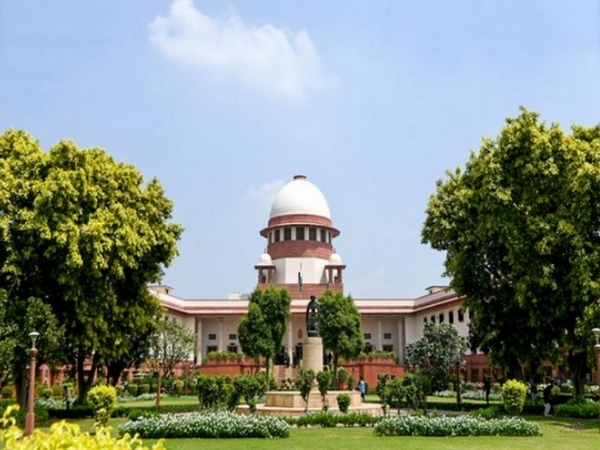Supreme Court to Scrutinize TDS System Amid Allegations of Unconstitutionality
A PIL challenges the legitimacy of India's TDS system, claiming it's arbitrary, infringes on fundamental rights, and unfairly burdens citizens. The plea calls for a reconsideration of the system by the government and relevant authorities, urging a report within three months to assess its legality.

- Country:
- India
A public interest litigation (PIL) has been submitted to the Supreme Court, calling into question the constitutionality of the Tax Deducted at Source (TDS) system in India. Filed by advocate Ashwini Kumar Upadhyay, the petition argues that TDS is 'manifestly arbitrary' and imposes undue administrative burdens on taxpayers, violating their fundamental rights.
The petitioner seeks a declaration that the TDS system contravenes Articles 14, 19, and 21 of the Indian Constitution. These articles guarantee the right to equality, the right to practice any profession, and the right to life and personal liberty, respectively. Named respondents in the case include the Ministry of Law and Justice, the Law Commission, and NITI Aayog.
The plea urges the Supreme Court to instruct NITI Aayog to review the issues and propose necessary adjustments to the TDS framework. It also requests the Law Commission to assess the system's legality and deliver a report within three months. The petitioner argues that the TDS system disproportionately impacts economically weaker sections and smaller earners due to its complex technicalities and lack of accessible resources.
The petition further claims that the obligation for private citizens to perform TDS duties is akin to forced labor, violating Article 23 of the Constitution. The TDS system's procedural requirements often necessitate specialized expertise, burdening taxpayers with significant compliance costs and responsibilities typically borne by the government, according to Upadhyay.
While the system provides a steady revenue stream for the government, it demands extensive administrative duties from the assessees, including the correct application of TDS rates, timely tax deposits, issuance of TDS certificates, and compliance with complex and frequently changing regulations. The system mandates tax deductions at payment time, covering salaries, contractual agreements, rent, commissions, and other taxable transactions, affecting the payee's overall tax liability.
(With inputs from agencies.)










